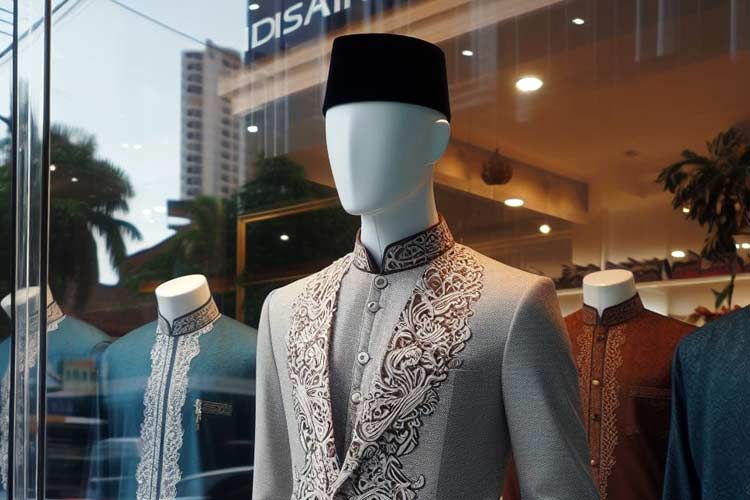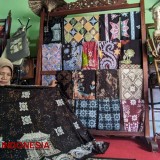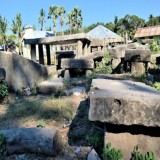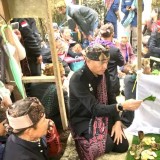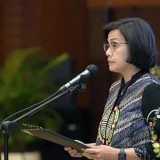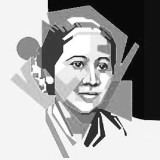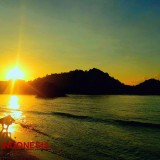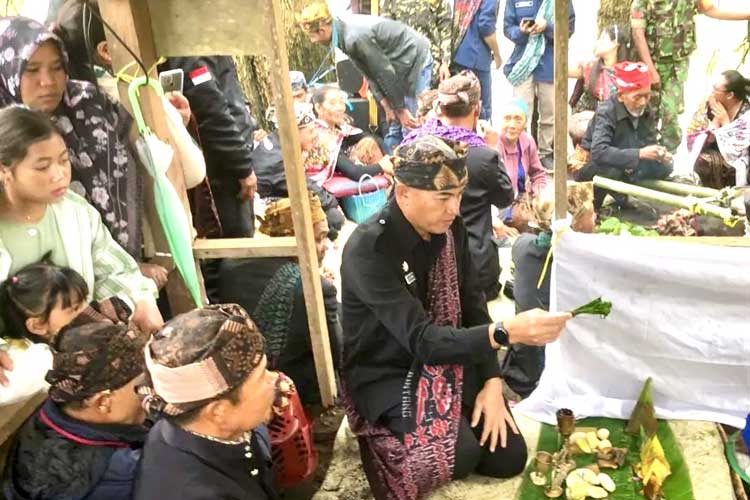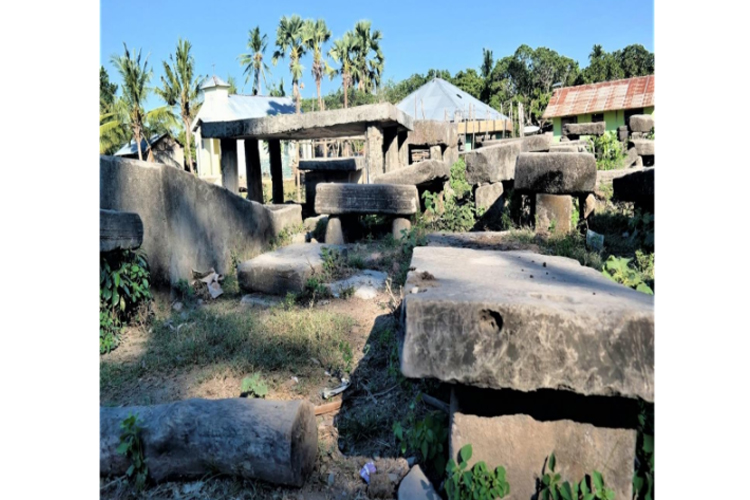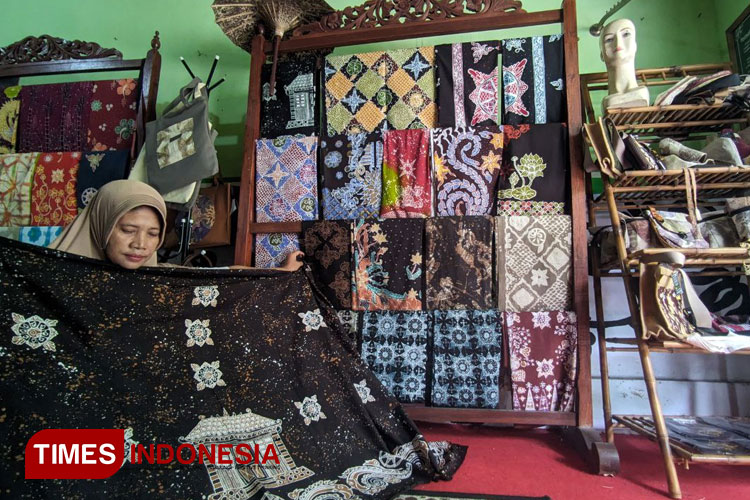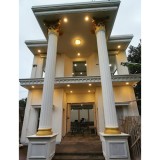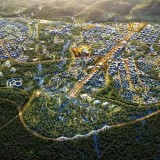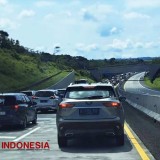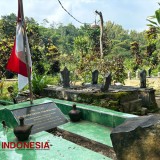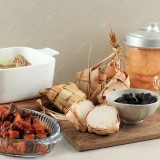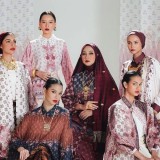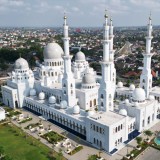TIMES AUSTRALIA, JAKARTA – As one enters the residential areas of Tasikmalaya City, West Java, Indonesia the sound of sewing machines resonates from every house where baju koko (traditional Muslim men's attire) artisans compete to earn their share.
As Eid approaches, the activities of baju koko artisans intensify. During Ramadan, the demand for the production of embroidered Muslim clothing such as baju koko, destined for supply to markets like Pasar Baru Bandung, Tangerang, and Pasar Tanah Abang in Jakarta, continues to surge. It's no surprise that artisans are flooded with orders.
Embroidery craftsmanship is one of the distinctive products of Tasikmalaya City. The renown of Tasikmalaya's embroidery has spread throughout the country and even abroad to places like Malaysia and Singapore.
The embroidery clothing industry has become one of the pillars of the economy for thousands of people in Tasikmalaya City. The increase in orders is not only experienced by large-scale artisans but also by small-scale artisans.
In several embroidery centers in Tasikmalaya, such as Tamansari, Cibeureum, Kawalu, Sukaraja, and Cipedes, artisans have to work overtime until late at night to complete orders.
Elan Jaelani, one of the baju koko embroidery artisans from Kampung Bantargedang, acknowledges the increase in orders as the sacred month of Ramadan approaches.
"Alhamdulillah, orders have been increasing since several months before Ramadan, and today, we're overwhelmed, even overloaded," said Elan at his home, which also serves as his workspace, on Saturday, March 16, 2024.
The owner of the Widiant production house confessed that his embroidery business, which he started in 2000, could only serve orders in the local markets of Priangan Timur such as Pasar Cikurubuk Tasikmalaya, markets in Sumedang, Ciamis, Kawali, Banjar, and Pangandaran.
"My market is limited to several markets in Priangan Timur because the sales system is still from market to market, not through online platforms like other large artisans," explained Elan.
Elan admitted that with only ten employees, he couldn't fully utilize the booming market conditions, especially in the production of trendy children's baju koko sets.
On the fifth day of Ramadan, Elan, along with his ten employees, comprising five tailors, one buttonhole maker, two cutters, and the rest in ironing and packing, could only serve 2000 pieces of baju koko sets.
"The increase in orders is noticeable; in fact, due to the overwhelming number of orders, some orders from several kindergartens and primary schools had to be postponed," Elan added.
A similar sentiment was echoed by A. Mulyana, a craftsman from Kawalu, who affirmed the increase in production orders for embroidered baju koko garments before Eid.
"It's very busy; orders have increased for almost every artisan in Tasikmalaya. This fasting month brings blessings to baju koko artisans," said A. Mulyana.
According to several artisans in Tasikmalaya City, it has become a tradition that the sales trend for baju koko, especially before Eid, sees the highest demand for mukena (prayer garments) and Muslim clothing with various motifs, sold at prices ranging from Rp 60,000 to several hundred thousand, depending on the material and embroidery motifs. (*)
Artikel ini sebelumnya sudah tayang di TIMES Indonesia dengan judul: The Economic Boom of Wearing Baju Koko for Eid
| Writer | : Khodijah Siti |
| Editor | : Khodijah Siti |
